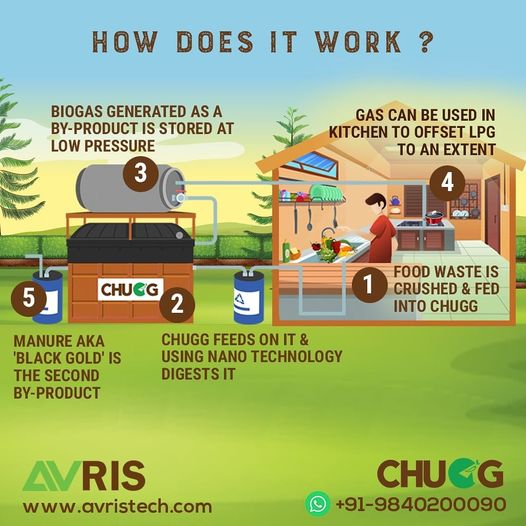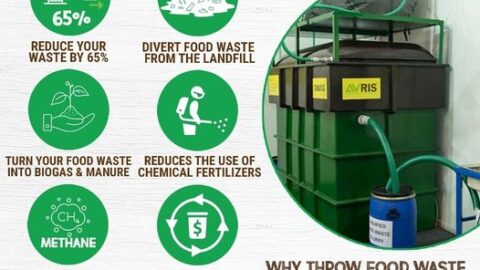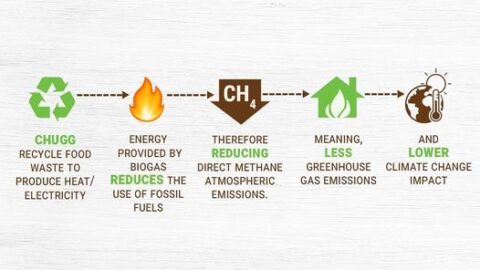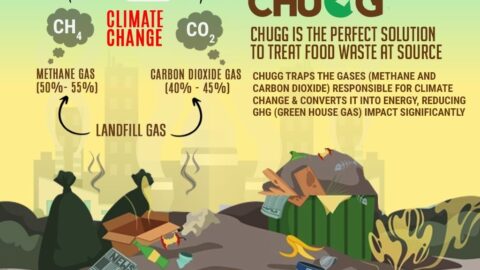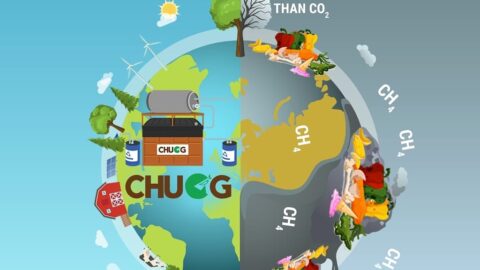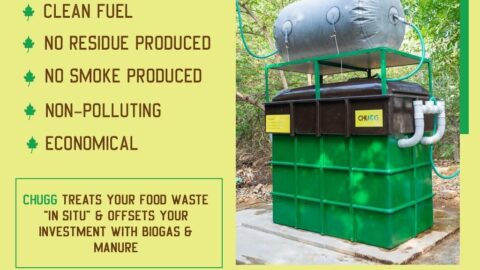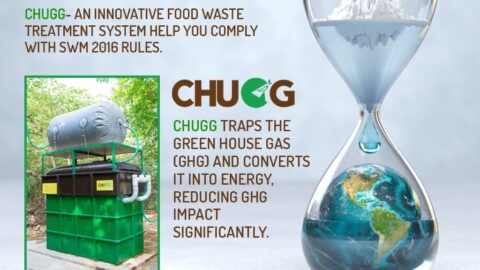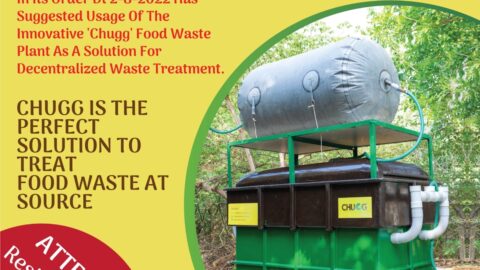The food waste treatment system was invented a long time ago but was viewed merely as an academic pursuit, with few useful applications. The reason was the need to conserve energy, and space by cutting down on the usage of fossil fuel and landfills were not very strong. However, recently the awareness of Global warming and the need to develop renewable energy sources has bought its benefits to light.
Businesses gain numerous benefits by implementing a food waste treatment system. Sustainability in the business can be practiced differently. One route for an organization to be more feasible is by using a food waste treatment system. They are an incredible expansion for organizations looking to be environment-friendly. Food waste treatment systems are a viable method to decrease the waste disposal of a business on landfills, effectively manage food waste, and save money.
Households generate 40% of the organic waste that reaches the landfill. Hence households, gated communities, apartments can also install a food waste treatment system to stop food waste from reaching the landfills. Households also reap the same benefits by using a food waste treatment system. It is a great option for households to implement sustainable practices.
What is a Food waste treatment system?
CHUGG- an innovative Food waste treatment system biologically digests food waste anaerobically means without oxygen. Microbes and other bacteria break down food waste to produce Biogas and manure. Most food, including kitchen scraps, rotten food, fruits, and veggies, food lost in different stages of the food supply chain, eggshell, citrus fruits can be processed in a food waste treatment system.
The food waste treatment system is a closed system therefore it doesn’t emit odor from food waste. Hence eliminates flies and rodents from the facility, increasing hygiene. Also, eliminating food waste on-site saves money. The capacity of food a food waste treatment system can process depends on the size; the larger the system more food it can process. They are easy to use and maintain.
Food waste treatment system is eco-friendly and will reduce a facility’s carbon footprint significantly. Food scraps and other organic materials decomposing in landfills release methane a potent greenhouse gas responsible for climate change. Food waste is estimated to be 30-40 percent and is one of the largest components of municipal wastes dumped in landfills. CHUGG- An Innovative food waste treatment system that Diverts food scraps and other organic materials from landfills, methane, can be captured and used efficiently.
Benefits of food waste treatment system
- Diversion of food waste from landfills
Food waste is collected in a separate bin without mixing it with other inorganic waste matters and then processed in a food waste treatment system. The waste matters include-
- Food scraps from residential households
- Food scraps from businesses (e.g., restaurants, canteens, hostels, etc.);
- Commercial food processing industrial waste;
- Fats, oils and greases, and garden waste.
Keeping food waste out of landfills is beneficial for the environment. When food waste is allowed to decompose in landfills, methane and carbon dioxide can be released into the air and contribute to climate change. The loss of valuable nutrients from the soil is another disadvantage of landfilling organic materials. When these materials are digested in a food waste treatment system, the resulting nutrients found in digestate can be used to nourish the soil.
- Generates Renewable energy
When food waste is processed in a food waste treatment system, biogas is produced. Biogas is a renewable source of energy because it replaces the use of fossil fuels. The energy generated can be used to power engines and generators to produce mechanical power, and heat or electricity. It can also be filtered and used as fuel for vehicles and after treatment can be used in similar applications as natural gas.
- Benefits the soil
It is important to maintain soil’s nutrition to grow food and to feed the world’s population.
CHUGG- Food waste treatment system produces digestate, called Bio-Slurry nutrient-rich manure. Digestate can be applied to agricultural land as a fertilizer to improve soil health. The proper application of digestate can improve the health of the soil.
Following are the benefits of Bio-slurry as manure
- Increasing soil nutrients and humectant of the soil
- Reducing the need to apply chemical fertilizers and pesticides
- Improving plant growth, and reducing weed growth
- Reducing soil erosion
- Alleviating soil compaction
- Help increase the soil’s water retention ability, thereby reducing the need for irrigation.
Eliminates Methane Emission
Methane is emitted when organic materials decompose in environments that lack oxygen (landfills and manure lagoons). When food waste is processed using CHUGG- food waste treatment system it captures methane a potent greenhouse gas that contributes to climate change. Methane is 21 times more potent than carbon dioxide because it traps more heat from the atmosphere. About 8% of greenhouse gas emission responsible for climate change is generated from organic wastes. Therefore capturing Methane and converting it into renewable energy is a viable option to reduce greenhouse gas emissions and to produce renewable energy sources.
Economic benefits
There are several economic benefits associated with the utilization of the CHUGG-food waste treatment system. The construction and operation of food waste treatment system create opportunities for:
- Local contractors specializing in site work, concrete, plumbing, electrical, permitting, and engineering during the installation.
- Businesses specializing in nutrients, manure solids, and energy markets.
- Agro-tourism
- The use of a food waste treatment system presents an additional revenue stream with the potential to sell the organic nutrients from the by-products of digested waste to other agriculture sources.
- For everybody utilizing CHUGG- food waste treatment system has the opportunity to reduce energy costs due to the utilization of biogas to generate electricity, and heat thereby reducing dependence on local utilities.
- It also provides an additional revenue with the option to sell excess biogas or the generated to the local utilities, providing locally sourced renewable energy to the respective community, or to rural places.

